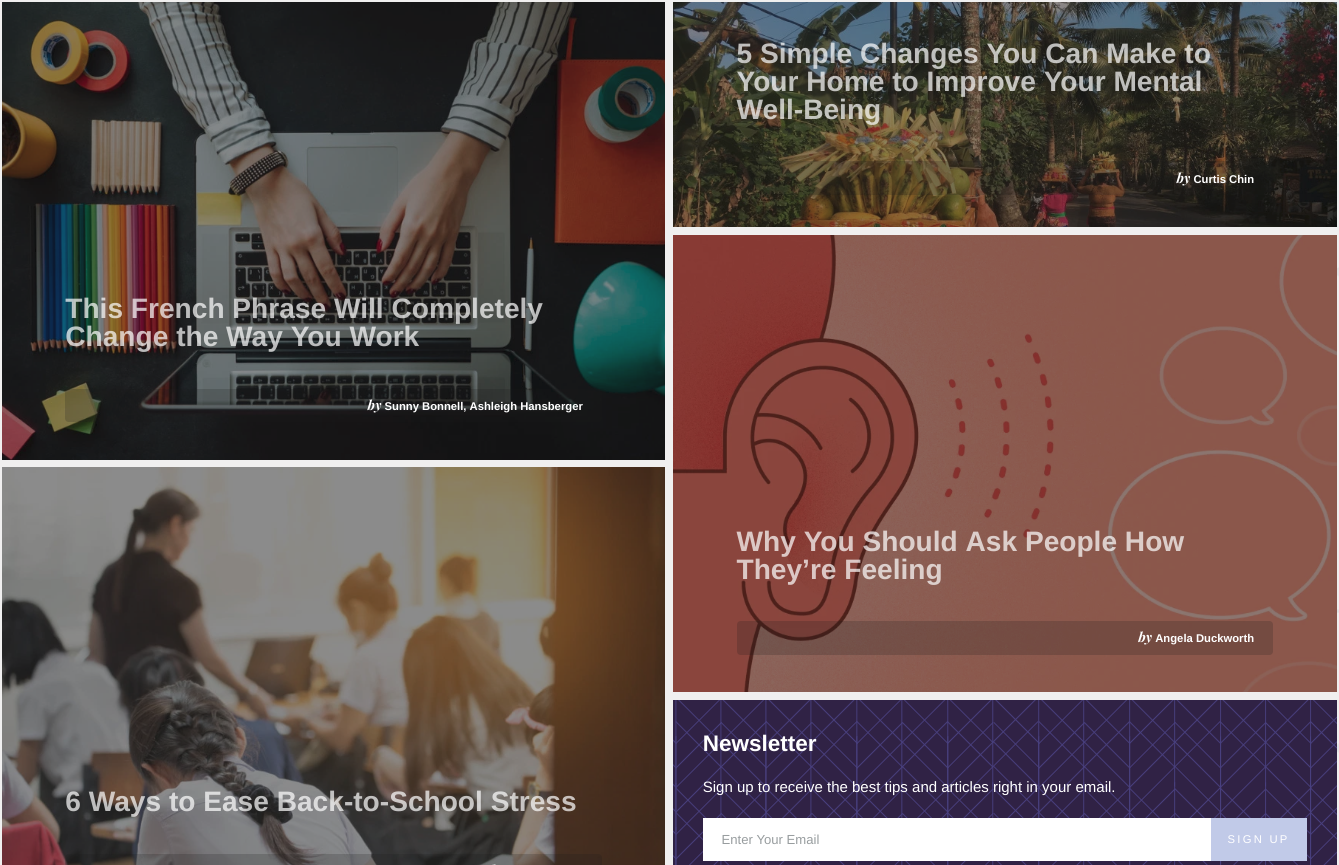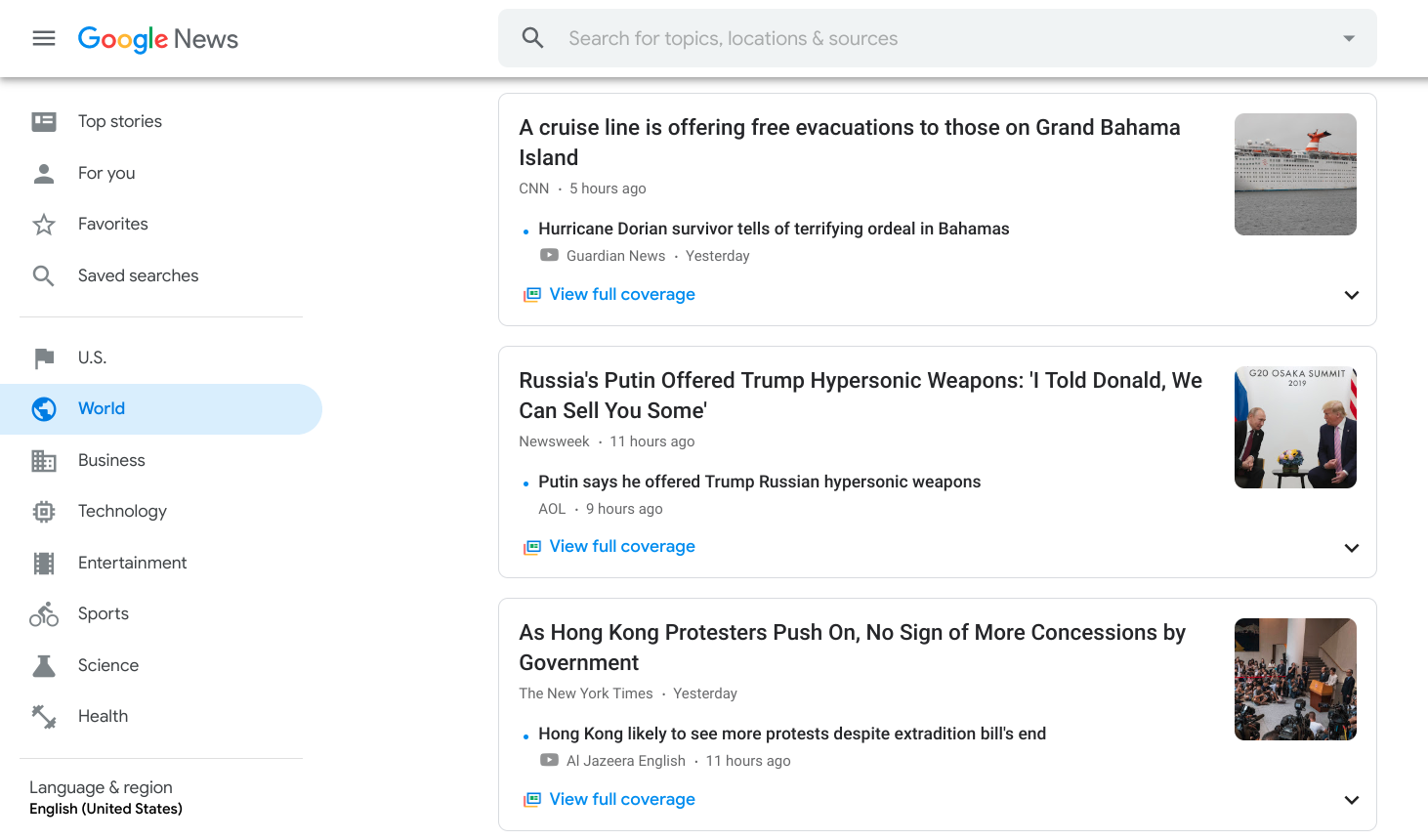You’ve heard sayings like “money runs the world” and “everything is about sex.” Hundreds of millions of people with anxiety, depression, and trauma cope with drugs like social media and poisons like alcohol. People want jobs for status, and those who fail to acquire status and fail to cope with it reflect negativity onto others.
What do money, sex, drugs, status, and even negativity all have in common? They’re all symptoms of ego. I’m not against ego — the opposite is true. You need money to survive and thrive, and you need a lot of it to help others at scale. You need status to act forthrightly in the world. We need sex as a species to exist. Drugs have their place from recreational use to trauma-healing and creativity. Even anger can act as a positive motivator.
Why does this matter? Well, because we all want greater control of our lives. We all strive for some goals, even if those goals are neutral or negative. We all have something to live for, or we wouldn’t be here. However, the answer is not in changing your environment, using different phrases, or in how you talk to people. The answer is in addressing your ego.

We like to think that we can use tips and tricks and hacks to change things. That life is binary. If that were the case, the world would look a lot different. Human beings, and societies, are complex instruments, not simple input/output machines. We can’t just tune small inputs and expect a large output.

For an example of this, let’s take a look at some recent news. Would taking a cruise to the Bahamas make someone truly happy? Can we expect leaders like Trump to solve our problems? Can we expect protests to ensure democracy? If that were the case, these would be well known equations:
- If you’re unhappy: take a cruise in the Bahamas.
- If there are political issues: tell government leaders to make solutions.
- If there is an authoritarian regime: protest to end it.
But the world is complicated. Here are some hypothetical situations. You might be stressed with work and family pressure, and use a trip to the Bahamas as an escape. When you get there, you realize that you can’t run away from your emotions, and you become even unhappier.
You might be concerned about border violence in the US, so you elect a President who tells you of his family values and empathy with the American people, but when he’s elected, he colludes with Russia.
You might be living in Hong Kong, and are worried about potential extradition laws, so you protest in the streets, expecting the government to listen. Instead, they unlawfully detain protesters and clamp down on enforcement.
These situations are just to convey the ridiculousness of binary assumptions. If you can see why these binary assumptions don’t work, you can probably see why waking up earlier or taking cold showers won’t change your life.
However, just because our lives are complex, not binary, doesn’t mean they can’t be changed. It just means that we need to change our focus. As I covered at the start of this story, we are mostly driven by ego, so to change our lives, we need to change our ego.
If you want happiness, you might say “I want happiness,” and then you tweak some inputs, like your environment or career or relationships, to try to change the output (your emotions). But as we’ve just seen, we are not input/output systems.
When you say “I want happiness,” you focus on yourself (the “I”) instead of what you can do for others. We are inherently social beings, so focusing on yourself to try to create happiness is flawed. Focusing on others can be done in every aspect of your life. For example, I’m the CEO of an AI company, bitgrit. At bitgrit, we aim to improve the world through AI, for instance to save dogs and grow more food.
The phrase “I want happiness” is also focused on desire (the “want”), and chasing desire is like chasing a butterfly – whatever you desire will always be out of reach, because as soon as you get it, you’ll want more.
When you remove the I and the want, you’re just left with happiness.


